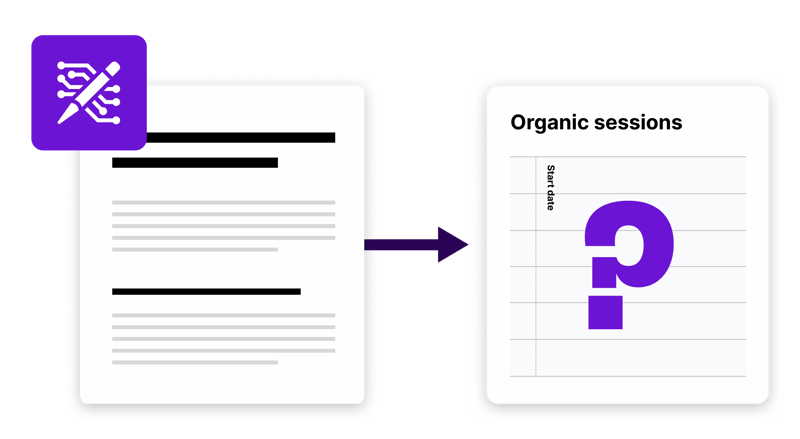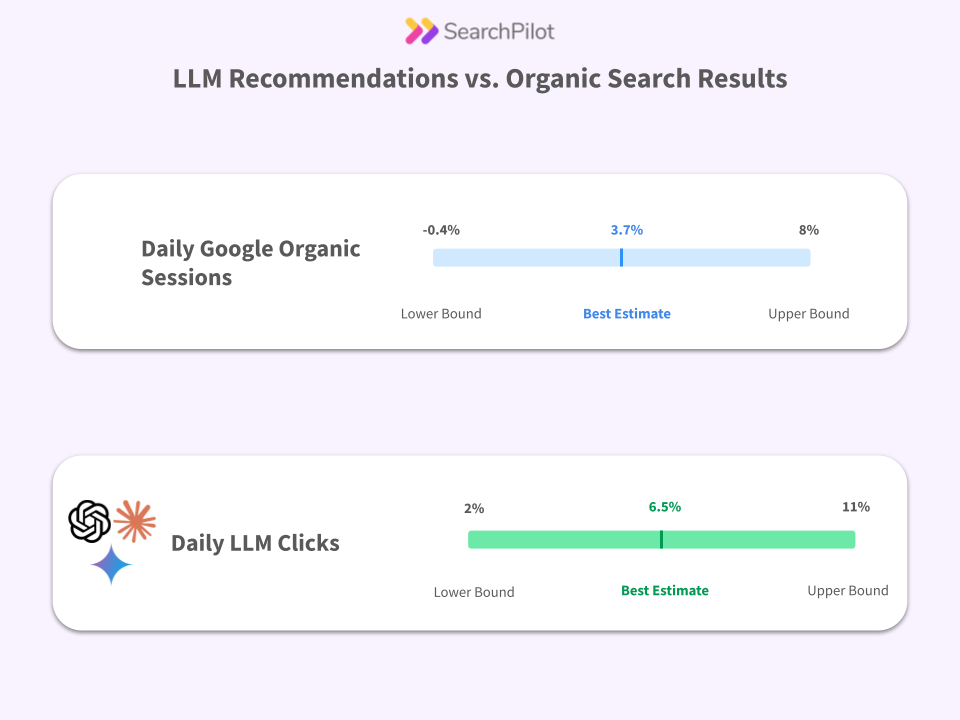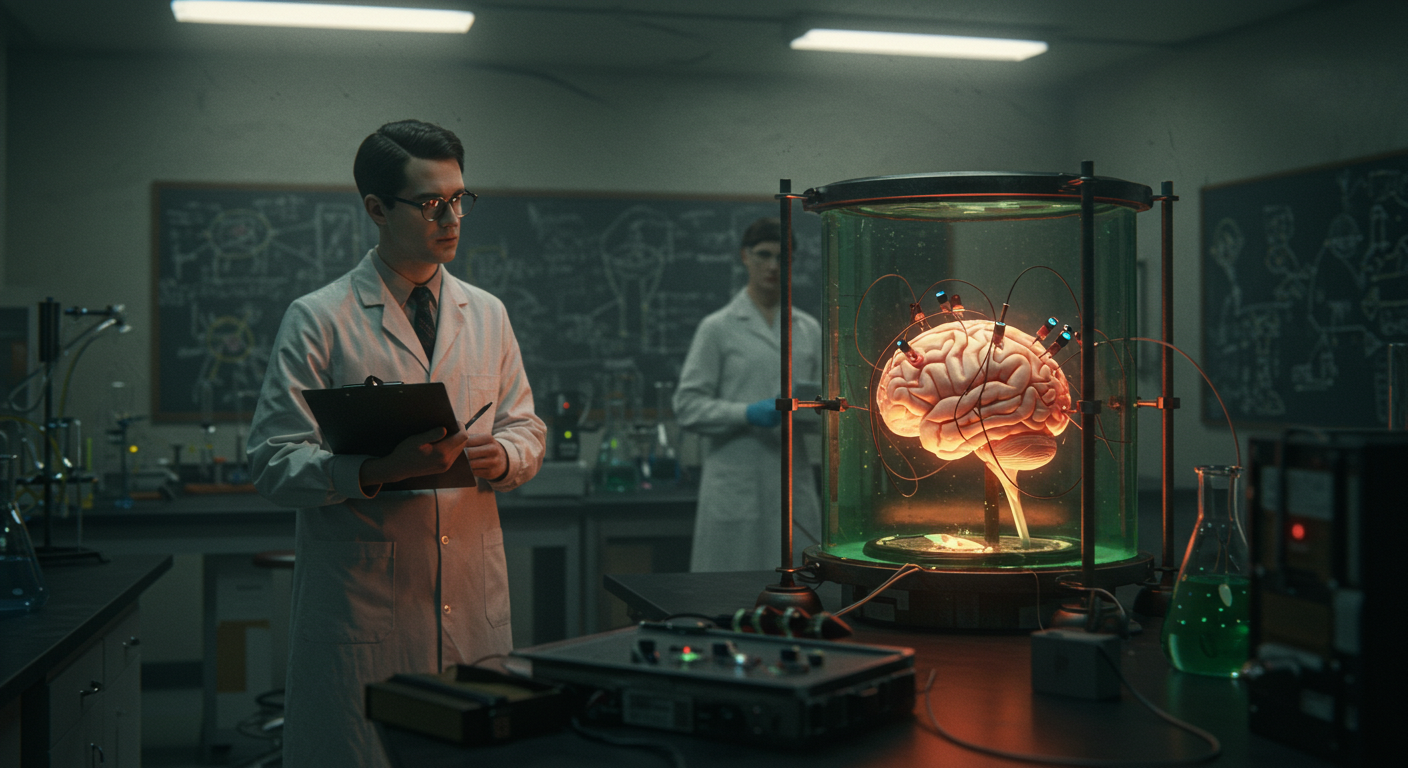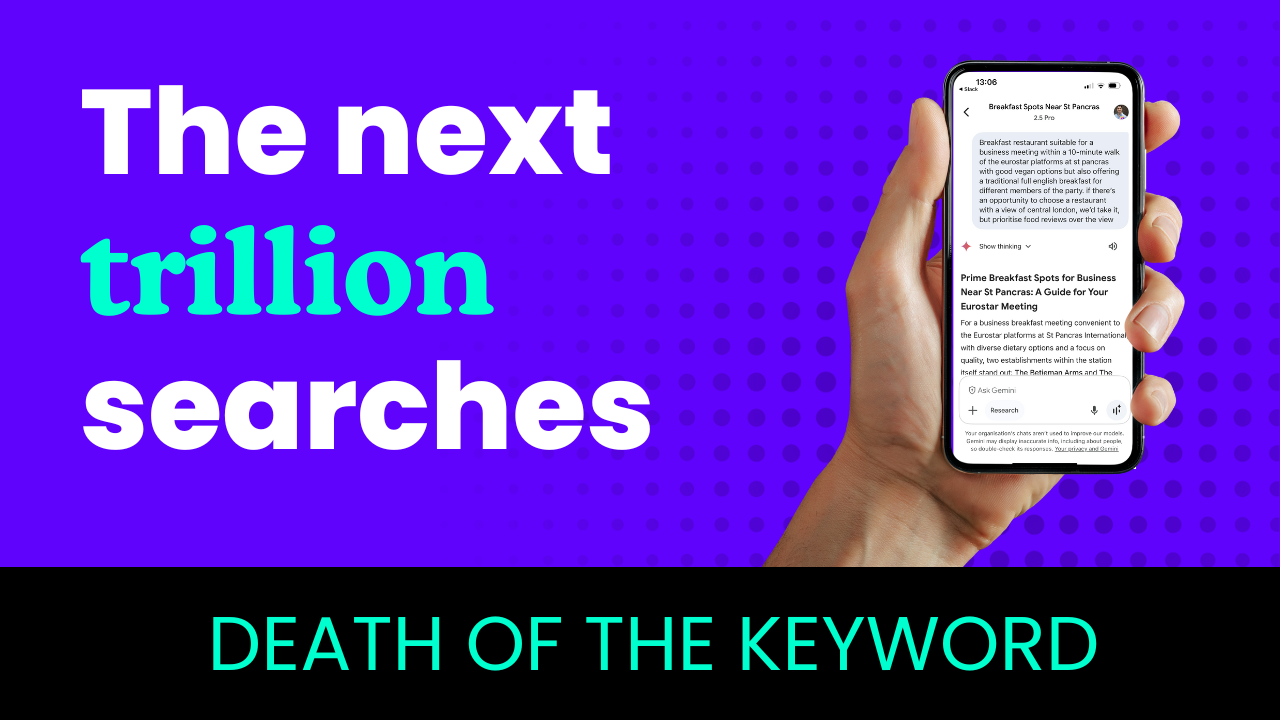Remember Google Instant? Launched back in 2010, it was Google’s attempt to speed up search by delivering results as you typed your query. At launch, Instant led to a great deal of speculation — would this mean the end of SEO?
Well, Google Instant is long gone, and SEO is still here. In fact, despite frequent reports of its impending demise, SEO continues to thrive.
But that hasn’t stopped the predictions from coming thick and fast. As ChatGPT raced to 100 million users in record time in late 2022, the cry was quickly raised yet again: is this finally the end of SEO as we know it?
Of course, if you’ve been around SEO long enough, you’re probably used to this kind of “sky is falling” rhetoric. And your best choice is always to skip straight to a more relevant question: how can SEOs adapt to this new tech?
To answer this, we need to push past the hype and look more closely at the benefits and risks of AI-generated content for SEO.
Putting AI-generated content to the test
Many of the more apocalyptic pictures of an AI-driven future for SEO rely on the same assumption: AI-generated content will soon be everywhere. Every single website will be stacked full of blog posts and service pages written by bots, and competition for the SERPs will become impossible.
But this assumption skips past an important question: does AI-generated content actually help your organic search traffic? And in fact, it’s by no means certain that it does.
A customer in the travel industry used SearchPilot to test using AI to rewrite webpage content across two key markets, the US and Australia. While the US pages saw a 13% increase in organic sessions, the impact on the Australian pages was inconclusive.
So, what does this mean?
The key takeaway is that AI-generated content is not a silver bullet. Yes, Google likes fresh, unique content — but you should exercise caution. Not every addition is going to benefit your organic traffic. In fact, you could end up losing traffic if you’re not careful.
Let’s look at some potential risks you should consider before you incorporate generative AI into your SEO strategy.
Reasons to be wary of AI-generated content
1. Don’t lose sight of the goal
When trying to improve organic traffic, we often think about what Google wants. But the reality is that Google is only ever trying to zero in on what users want. And while these two things may not entirely coincide, every algorithm update narrows the gap.
This means SEOs need to remember one thing: if it doesn’t serve the user's needs, then it won’t help you rank in the long term. This applies to AI-generated content as much as anything else. Okay, you may see some short-term improvements in your organic traffic — but unless they’re tied to tangible benefits for the user, they won’t last.
Unsurprisingly, Google has been at pains to stress this point. They’ve been asked repeatedly if they will seek to punish sites that use AI-generated content — and their answer is always the same.
As said before when asked about AI, content created primarily for search engine rankings, however it is done, is against our guidance. If content is helpful & created for people first, that's not an issue.https://t.co/3rs3Yrrrk1https://t.co/TlFEbdXGAphttps://t.co/Yl9XWr5CAN pic.twitter.com/gFTE2C2wq1
— Google SearchLiaison (@searchliaison) January 12, 2023
This is why, at SearchPilot, we emphasize full-funnel testing. By measuring conversion rate alongside organic traffic, you can get a clearer sense if a given change is speaking directly to your users and not just Google.
2. Watch out for hallucinations
Some initial excitement around ChatGPT came from the sheer amazement of seeing clear, well-written text appear just by typing a simple command.
The problem, it turns out, is that some of the things ChatGPT tells you with absolute confidence are just not true. This tendency for AI chatbots to simply invent things is called “hallucination” — and it could spell disaster for your brand if you’re not wary. After all, nobody wants to accidentally fill their website with misinformation.
Ultimately, you’ll need to balance using AI-generated content against your brand safety requirements. Depending on the industry you’re in and your overall risk tolerance, you may want to put some guidelines and best practices in place to avoid inaccurate information making its way onto your site.
3. Consider the changing landscape
Generative AI is moving at a rapid rate. So fast, in fact, that it’s outpacing regulatory bodies and copyright laws as well as — you guessed it — Google.
Of course, this doesn’t mean AI-generated content won’t impact your SEO efforts in the years to come. Remember: Google now makes multiple core algorithm updates every year and smaller changes on a more-or-less daily basis.
With that in mind, we can expect Google’s algorithm to reflect AI in the future. While this doesn’t impact present-day you, it’s still important to stay agile and listen to your data:
- You need to keep testing and retesting. What works now might not work in the future — and you can’t just assume that because you’ve tested it once, you’ve got the answer you need.
- You can’t view adopting AI-generated content as a static, one-shot thing. It may be beneficial now, but as Google changes — and as your competitors do, too — the target will keep moving.
Stay ahead of the SEO game with SearchPilot
Now more than ever, you can’t rely on familiar certainties to guide your SEO strategy. Innovations are emerging at pace, and both Google and your competitors are racing to adapt. You’ll need to take bold steps to stay ahead of the game.
And that makes SEO A/B testing more important than ever. By identifying the most impactful changes and ruling out riskier initiatives, you can move forward with speed and confidence.
If you want to run large-scale SEO tests that deliver reliable results, SearchPilot can help. Our SEO A/B testing platform helps you implement large-scale testing programs across even the biggest websites.
Get in touch today to see it in action



